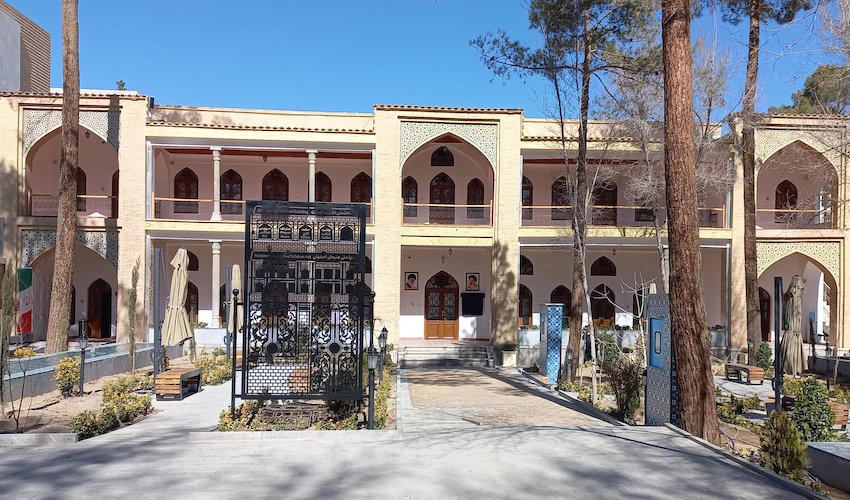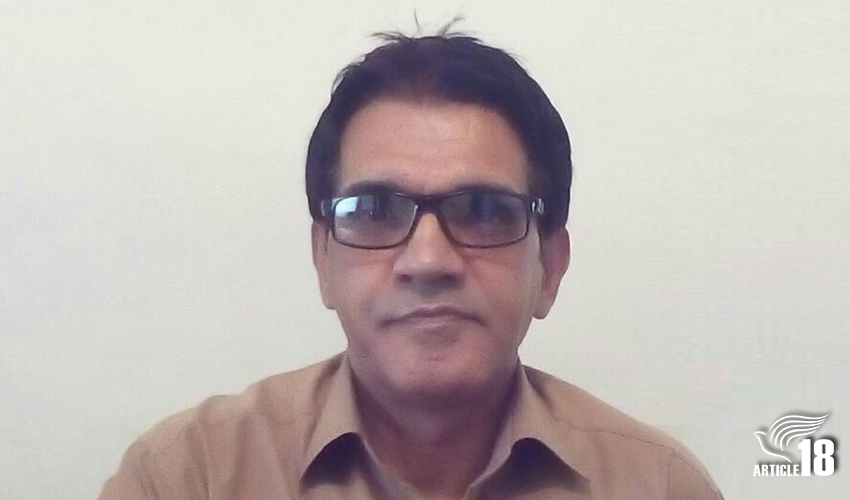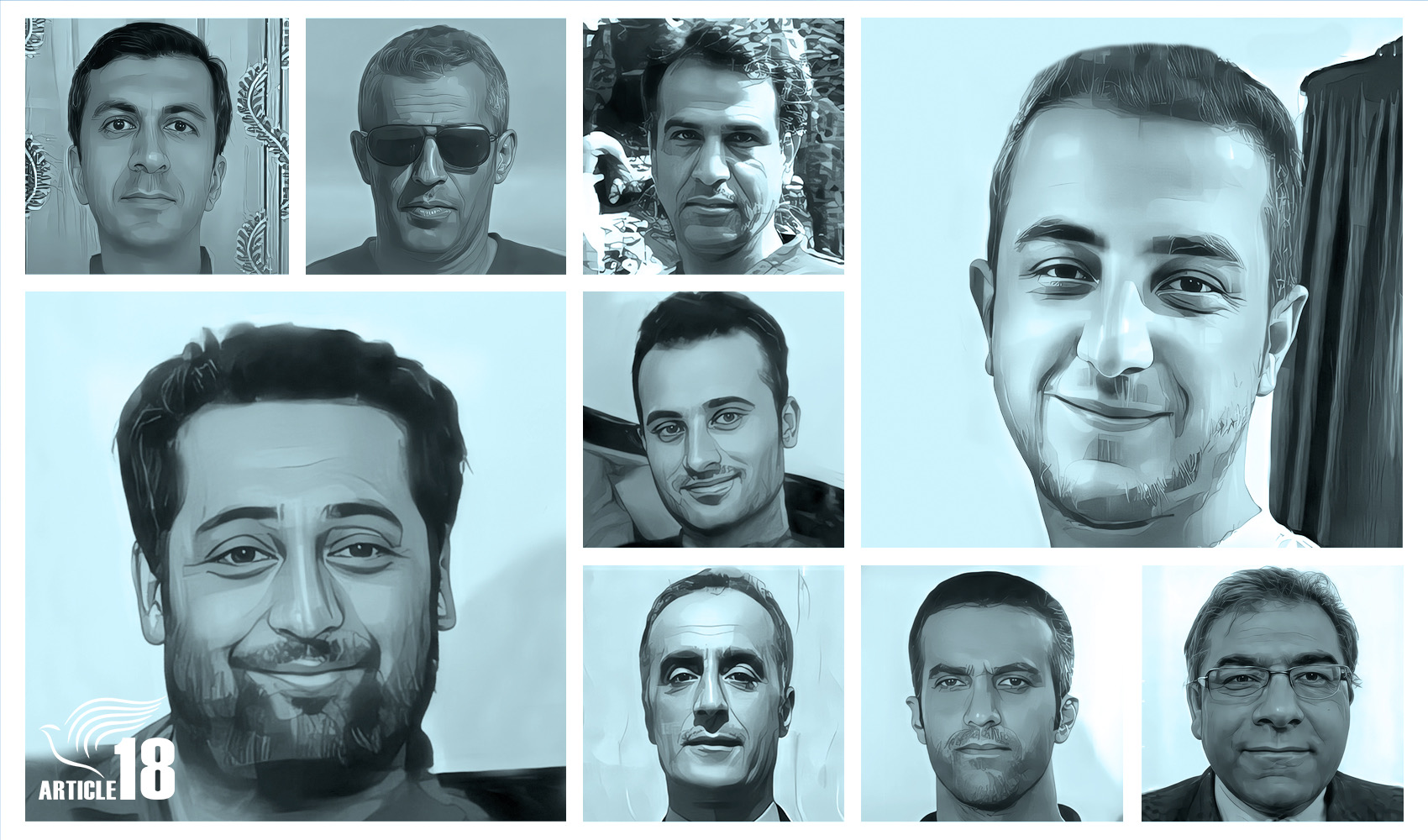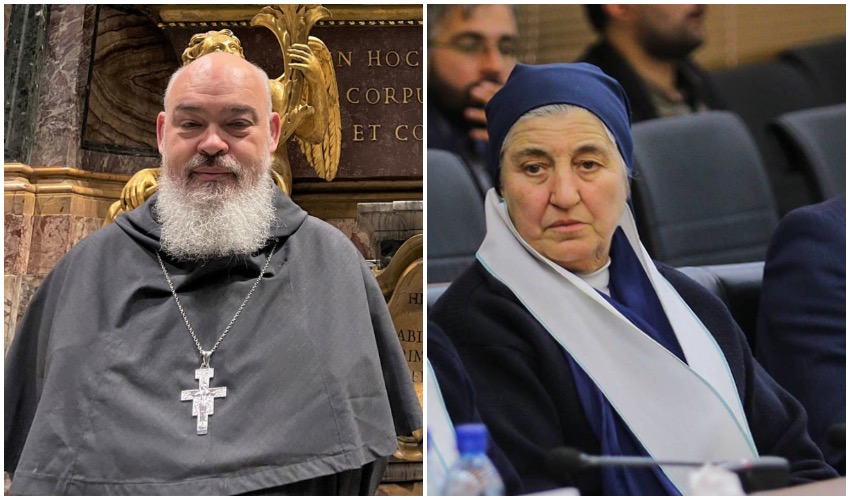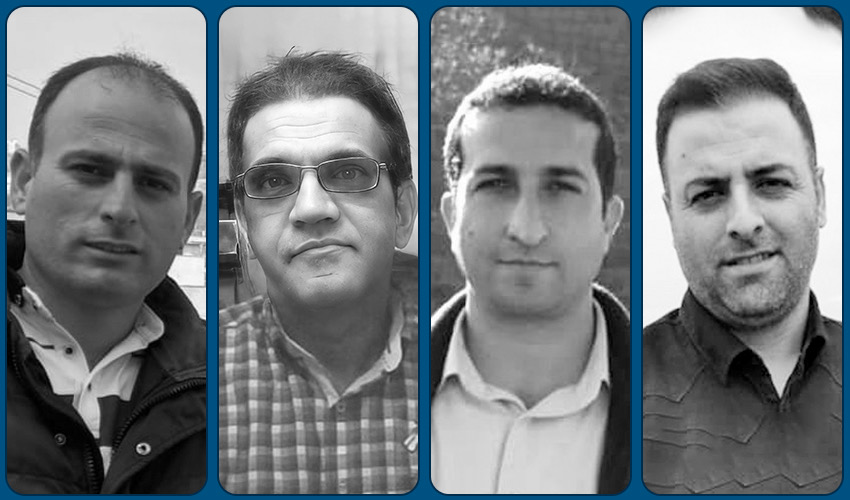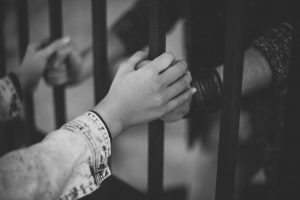
by Steve Dew-Jones | 2 Mar 2022 | News
The bishop’s house is now a museum, flanked on one side by flags of the Islamic Republic, and with pictures of Iran’s two Supreme Leaders, Ayatollahs Khomeini and Khamenei, outside the front door. (Photo: Twitter @Alireza_E_1999) The official residence and...

by Steve Dew-Jones | 1 Mar 2022 | News
Only one day after nine Christian converts were acquitted of “acting against national security” by worshipping in house-churches, another Christian convert serving a 10-year sentence on very similar grounds has been denied his own retrial. Nasser Navard Gol-Tapeh, who...

by Steve Dew-Jones | 28 Feb 2022 | News
Clockwise from top-left: Mohammad Vafadar, Kamal Naamanian, Hossein Kadivar, Behnam Akhlaghi, Abdolreza (Matthias) Ali-Haghnejad, Shahrooz Eslamdoust, Khalil Dehghanpour, Babak Hosseinzadeh, and Mehdi Khatibi. Nine converts who spent a combined nearly 20 years in...

by Steve Dew-Jones | 24 Feb 2022 | News
Fr Dominique Mathieu (www.ofmconv.net) and Sister Giuseppina Berti (EsfahanEmrooz/Reza Amini/Getty) The Iranian embassy to the Holy See has reacted angrily to an article on a Catholic website highlighting the challenges faced by Christians in Iran. In the article,...

by Steve Dew-Jones | 23 Feb 2022 | News
Left to right: Moslem Rahimi, Nasser Navard Gol-Tapeh, Yousef Nadarkhani, and Saheb Fadaie. Four Christian prisoners of conscience in Tehran’s Evin Prison have fallen ill in recent days following a suspected Covid-19 outbreak within their ward. Nasser Navard...
